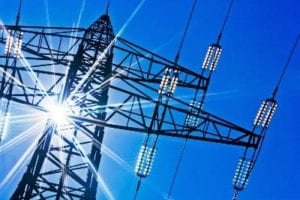Earlier this week Statistics SA confirmed that the municipal total income for the second quarter of 2014 was R68,4 billion in its Quarterly Financial Statistics of Municipalities report. The main source of municipal income was identified as the sale of electricity highlighted by the statistician general, Pali Lehohla, pointing out that the income from sales of electricity was 29,5% of the total –amounting to R20,2billion.
“The sale of electricity was R1.3 billion higher than the amount received in the previous quarter,” stated Lehohla, explaining that the rise in tariffs played a significant role in the increase.
Other contributors were grants and subsidies valued at R14.9 billion or 21.8%; property rates valued at R11,4 billion or 16,7%; other income valued at R10,5 billion or 15,4%; sales of water valued at R6,7 billion; sewerage and sanitation valued at R2,7 billion; and refuse removal valued at R1,9 billion.
Lehohla stated that the primary consumer of water and electricity was Gauteng and explained that that continued urban migration to the province “cause some interesting difficulties”.He further outlined that Gauteng contributed a total of R8,5 billion or 42% to the sales of electricity, followed by KwaZulu-Natal with a total of R3,6 billion and the Western Cape with a total of R3,4 billon. The money received in the form of grants and subsidies from provincial and national government decreased by a total of R3,4 billion from R18,3 billion in the first quarter of the year.
Gauteng received the largest portion with 37% followed by KwaZulu-Natal with 18%, the Western Cape at 12% and the Eastern Cape at 10%.
The province with the lowest share of grants and subsidies was the Northern Cape which received a total of 1% – equating to roughly R0,1 billion.







